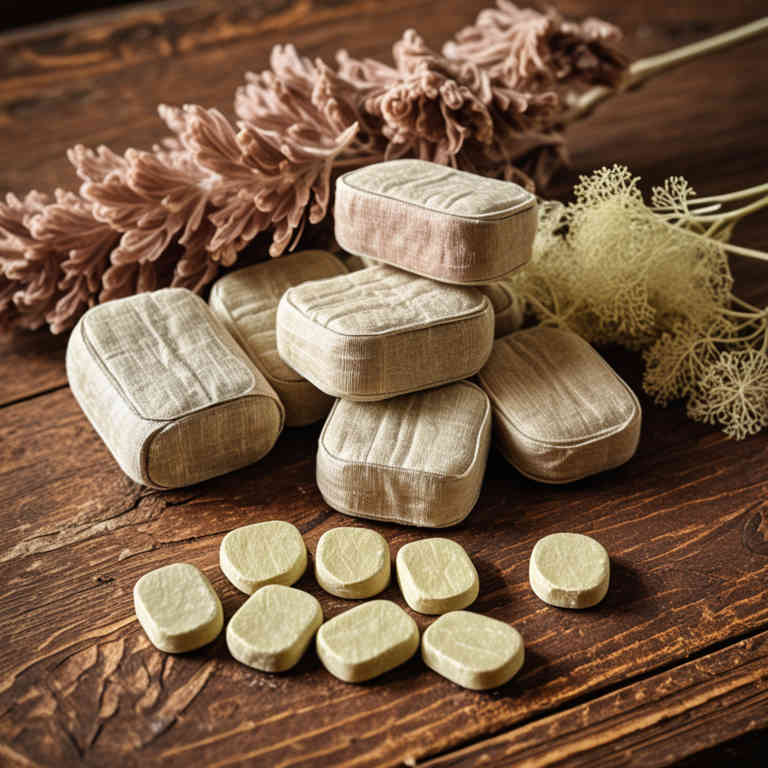10 Best Angelica Sinensis Preparations
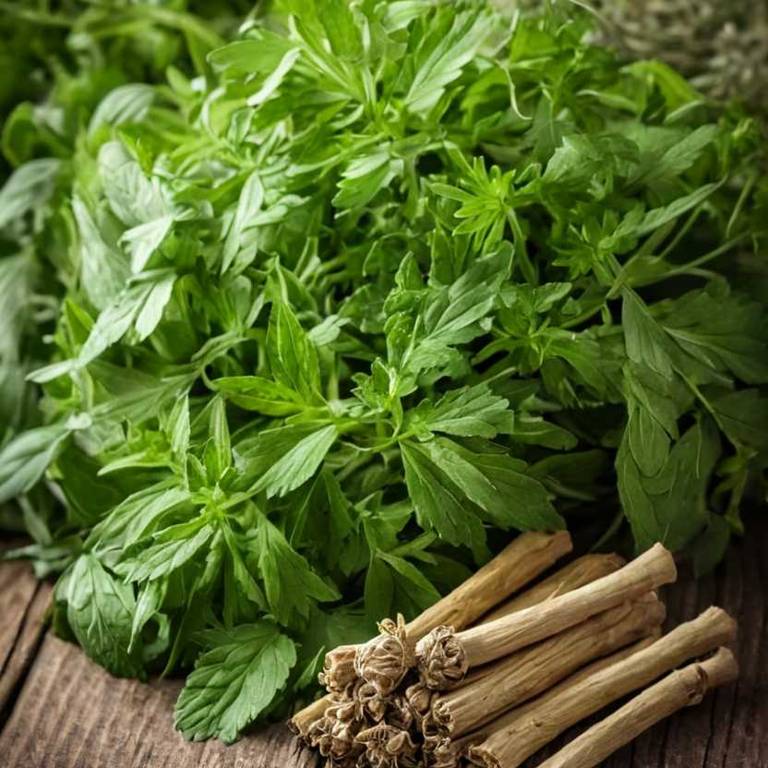
The best medicinal preparations of Angelica sinensis are decoctions, teas, tinctures, creams, and capsules, each offering unique benefits for health and wellness.
Decoctions involve simmering the root in water to extract its active compounds, while teas provide a gentle and accessible way to consume its properties.
Tinctures, made by soaking the herb in alcohol, offer a concentrated form for faster absorption.
Creams are often used topically to alleviate pain and inflammation, and capsules provide a convenient, standardized dosage for daily use.
These diverse preparations make Angelica sinensis a versatile herb in traditional and modern herbal medicine.
Below there's a list of the 10 best herbal preparations of angelica sinensis for medicinal purposes.
- 1. Decoctions
- 2. Teas
- 3. Tinctures
- 4. Creams
- 5. Capsules
- 6. Oinments
- 7. Oils
- 8. Syrups
- 9. Mucillages
- 10. Lozenges
1. Decoctions
Angelica sinensis decoctions is commonly used to support women's health, particularly in treating menstrual disorders, infertility, and menopausal symptoms.
It is also used to enhance blood circulation, reduce inflammation, and promote overall vitality. The decoctions are often prescribed for conditions such as dysmenorrhea, anemia, and postpartum recovery. The medicinal properties of this preparation are attributed to bioactive constituents like ferulic acid, ligustilide, and adenosine, which have antioxidant, anti-inflammatory, and hemostatic effects.
Additionally, it contains essential oils, polysaccharides, and various vitamins that contribute to its therapeutic benefits.
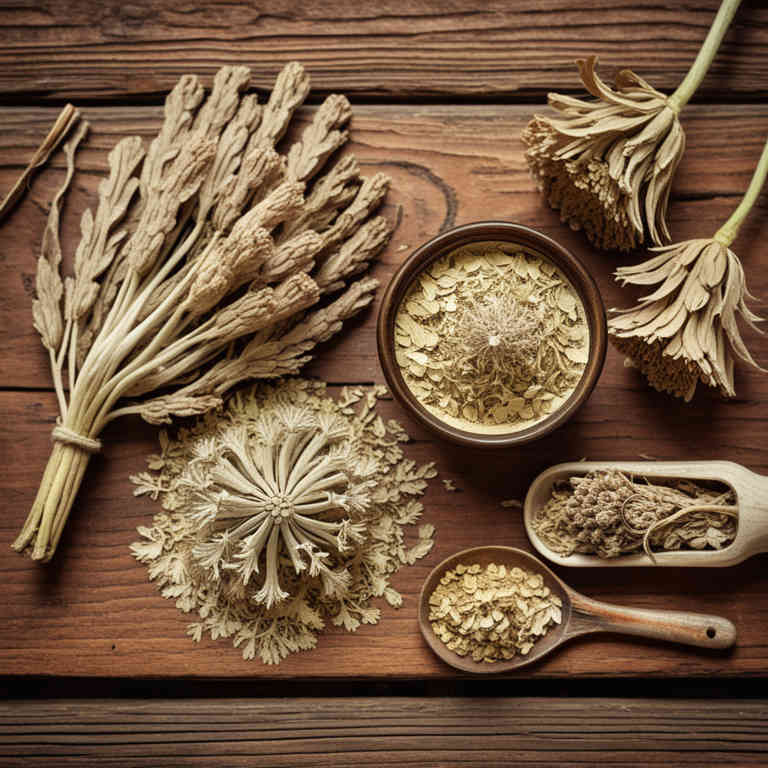
2. Teas
Angelica sinensis teas is commonly used to support women's health, particularly for menstrual regulation, pain relief, and hormonal balance.
It is often prescribed for conditions such as dysmenorrhea, menopausal symptoms, and anemia due to its blood-nourishing properties. The most common medicinal uses include treating menstrual disorders, improving circulation, and enhancing overall vitality. Bioactive constituents such as ferulic acid, ligustilide, and various polysaccharides contribute to its anti-inflammatory, antioxidant, and hemostatic effects.
These compounds work synergistically to promote healing and support the body's natural processes.
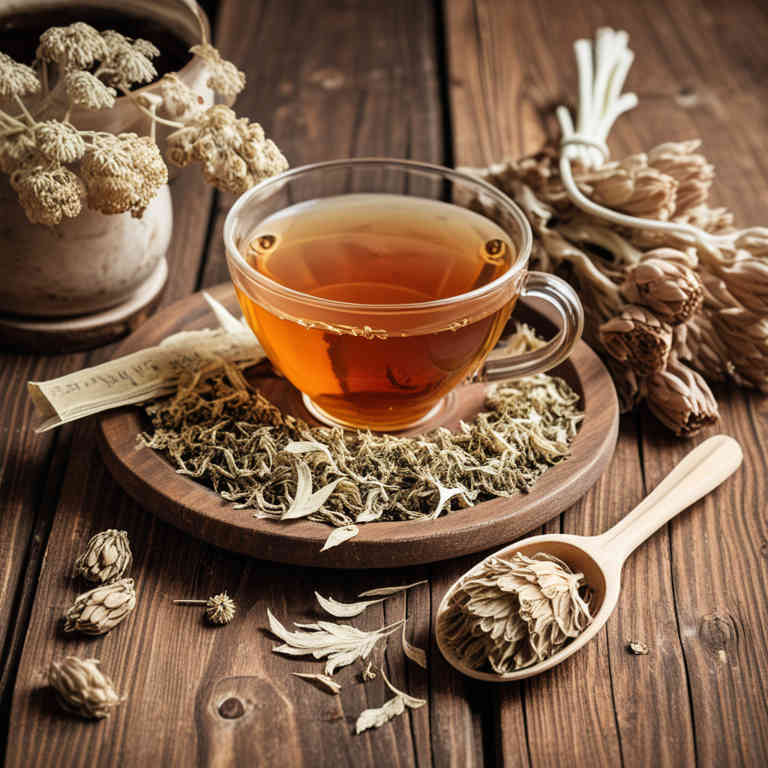
3. Tinctures
Angelica sinensis tinctures is commonly used to support women's health, particularly for menstrual disorders, menopause symptoms, and infertility.
These tinctures are also utilized to enhance blood circulation, reduce inflammation, and promote overall vitality. The most common medicinal uses include treating dysmenorrhea, anemia, and digestive issues, as well as supporting bone health and respiratory conditions. The bioactive constituents responsible for these effects include ferulic acid, ligustilide, and angelica acid, which have antioxidant, anti-inflammatory, and circulatory benefits.
Additionally, the presence of volatile oils and polysaccharides contributes to its therapeutic properties.
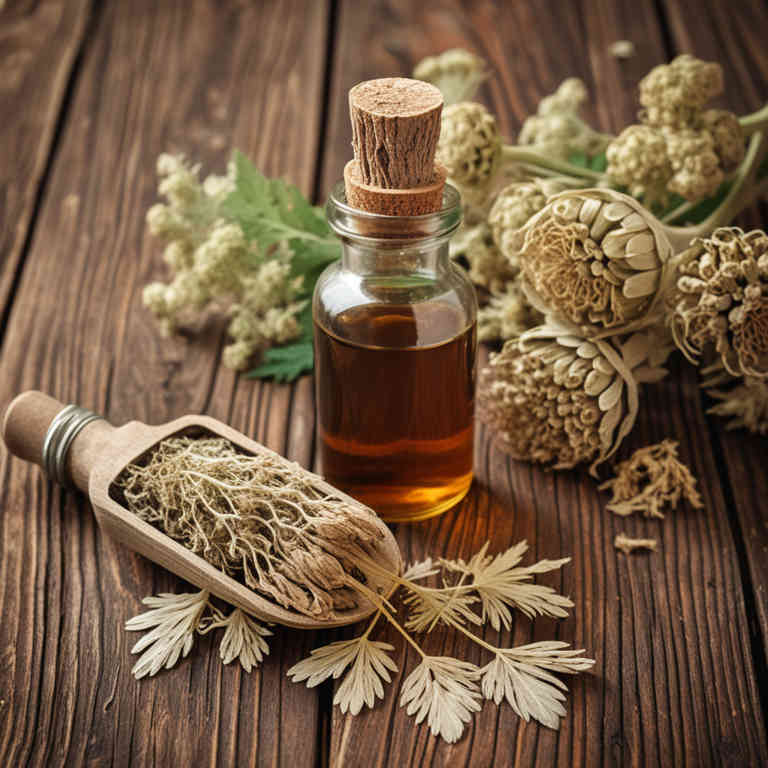
4. Creams
Angelica sinensis creams is commonly used to alleviate symptoms associated with menstrual disorders, such as dysmenorrhea, menorrhagia, and premenstrual syndrome.
These creams are also utilized to improve circulation, reduce inflammation, and promote skin health. The most common medicinal uses include treating menstrual pain, enhancing blood flow, and supporting reproductive health. Bioactive constituents such as ferulic acid, ligustilide, and angelica acid contribute to its anti-inflammatory, analgesic, and antioxidant properties.
These compounds help in reducing pain, regulating menstrual cycles, and promoting overall wellness.
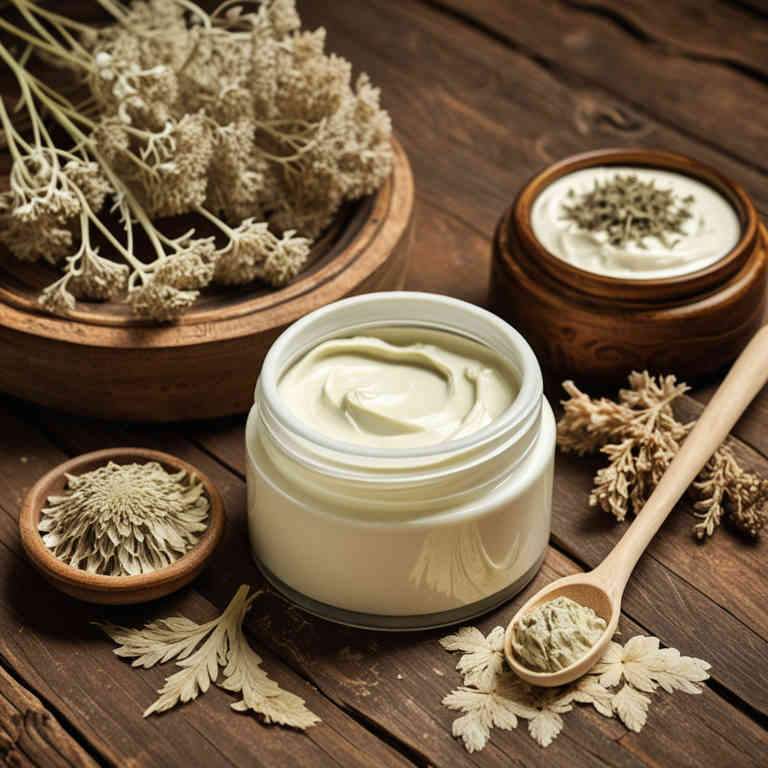
5. Capsules
Angelica sinensis capsules is commonly used to support women's health, particularly in treating menstrual disorders, menopausal symptoms, and infertility.
They are also used to enhance blood circulation, reduce inflammation, and boost the immune system. The most common medicinal uses include alleviating dysmenorrhea (painful menstruation), anemia, and fatigue, as well as promoting overall vitality. The bioactive constituents responsible for these effects include ferulic acid, ligustilide, adenosine, and various polysaccharides, which have antioxidant, anti-inflammatory, and hemostatic properties.
These compounds contribute to the plant's reputation as a traditional Chinese medicine with diverse therapeutic benefits.
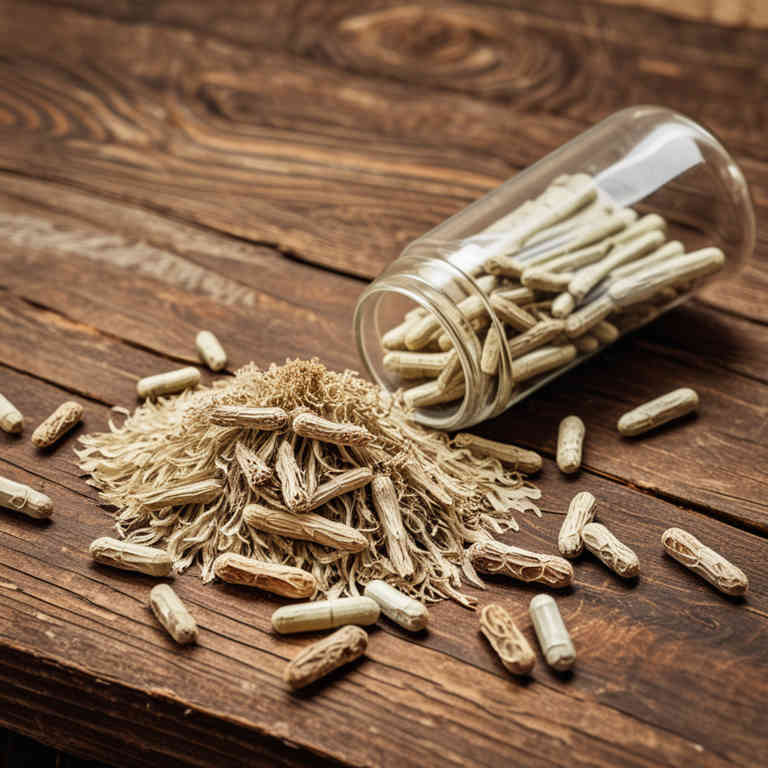
6. Oinments
Angelica sinensis oinments is commonly used to treat various ailments such as menstrual disorders, muscle pain, and skin conditions.
These oinments are often applied topically to reduce inflammation and promote healing. They are also used in traditional Chinese medicine to enhance circulation and alleviate symptoms of anemia. The bioactive constituents include essential oils, alkaloids, and flavonoids, which contribute to their anti-inflammatory, analgesic, and circulatory benefits.
Additionally, the presence of ferulic acid and other phenolic compounds supports their therapeutic effects.

7. Oils
Angelica sinensis oils is commonly used to promote blood circulation, alleviate menstrual discomfort, and support reproductive health.
This herbal preparation is often employed to treat conditions such as anemia, menstrual cramps, and infertility. It is also used to reduce inflammation and improve skin health. The bioactive constituents responsible for its medicinal properties include essential oils, lignans, and sesquiterpene lactones.
These compounds contribute to its anti-inflammatory, antioxidant, and hormonal regulatory effects.

8. Syrups
Angelica sinensis syrups is commonly used to treat menstrual disorders, anemia, and digestive issues.
This herbal preparation is widely regarded for its ability to regulate menstrual cycles, alleviate pain, and enhance blood circulation. It is also used to support bone health and improve overall vitality. The bioactive constituents responsible for its medicinal properties include ferulic acid, ligustilide, and adenosine, which have antioxidant, anti-inflammatory, and hemostatic effects.
These compounds contribute to its traditional use in addressing a range of health conditions.
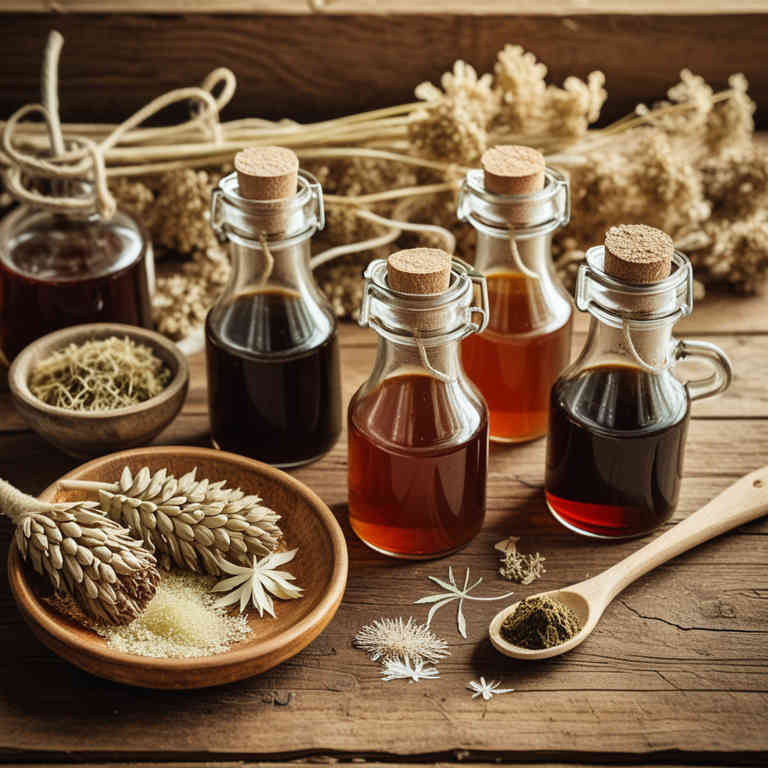
9. Mucillages
Angelica sinensis mucillages is commonly used to support women's health, particularly in treating menstrual disorders, anemia, and postpartum recovery.
It is also valued for its ability to enhance blood circulation and alleviate symptoms of fatigue and weakness. The mucillages are rich in polysaccharides, which contribute to its hemostatic and immunomodulatory effects. Additionally, the preparation contains essential oils, lignans, and ferulic acid, which provide antioxidant and anti-inflammatory properties.
These bioactive constituents work synergistically to promote overall well-being and address a range of health conditions.
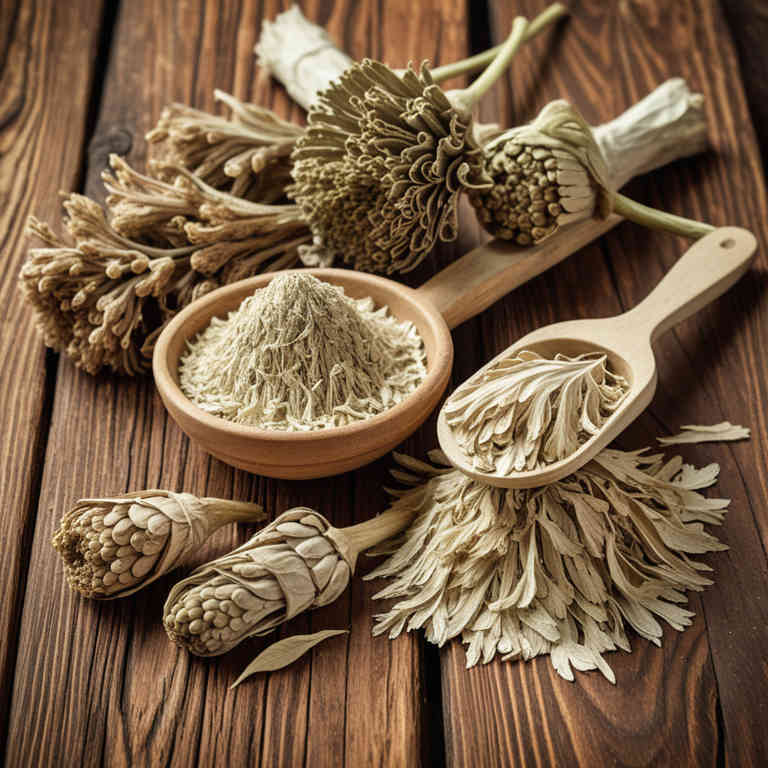
10. Lozenges
Angelica sinensis lozenges is commonly used to support women's health, particularly in treating menstrual disorders, such as dysmenorrhea and menopausal symptoms.
They are also used to alleviate respiratory conditions like coughs and sore throats due to their expectorant properties. Additionally, these lozenges are known to improve blood circulation and boost energy levels. The bioactive constituents responsible for these effects include ferulic acid, ligustilide, and essential oils, which have anti-inflammatory, antioxidant, and hemostatic properties.
These compounds contribute to the herb’s ability to regulate menstrual cycles, reduce pain, and enhance overall vitality.
